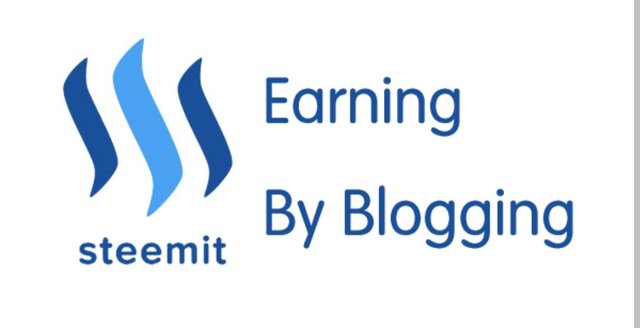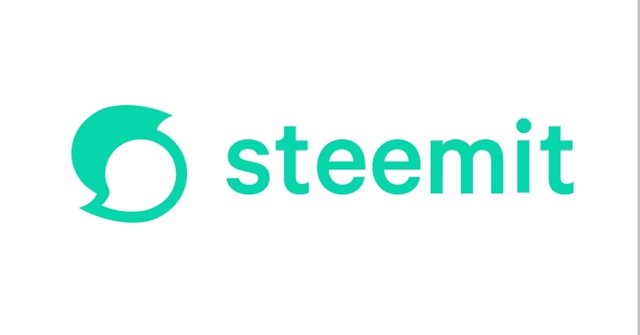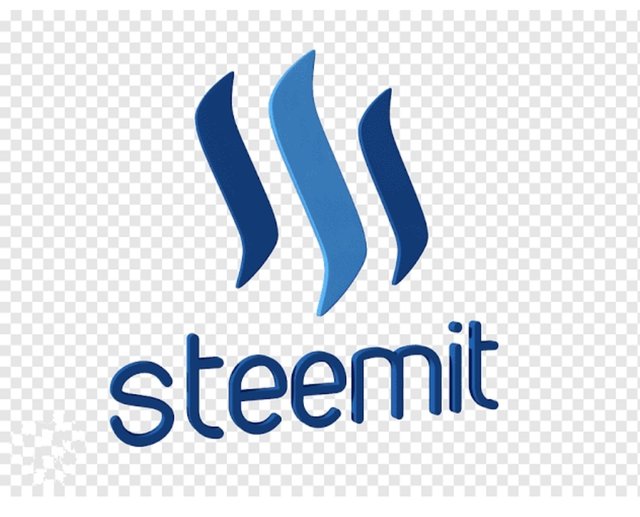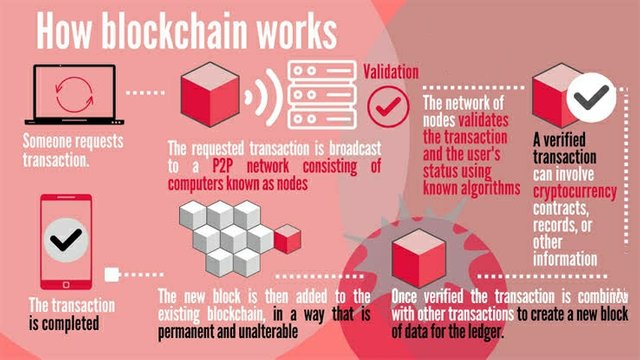



In the world of modern technology, few innovations have generated as much excitement and potential as blockchain. The revolutionary technology behind cryptocurrencies like Bitcoin has shown that it has the potential to transform industries beyond just finance. In this blog post, we'll dive into the fundamentals of blockchain, its impact on various sectors, and its potential for the future.
Understanding Blockchain:
At its core, a blockchain is a decentralized, distributed digital ledger that records transactions in a secure and transparent manner. Unlike traditional centralized systems, a blockchain operates on a network of computers, or nodes, ensuring that no single entity has complete control over the data. This tamper-proof structure makes it an ideal solution for applications that require transparency, security, and traceability.
Applications Across Industries:
Finance: Cryptocurrencies like Bitcoin and Ethereum have disrupted traditional financial systems, offering faster cross-border transactions and reduced intermediaries.
Supply Chain: Blockchain enhances transparency in supply chains by tracking and verifying the origin, movement, and authenticity of products.
Healthcare: Patient records can be securely stored on a blockchain, allowing authorized parties to access and update information while maintaining patient privacy.
Voting: The tamper-proof nature of blockchain could revolutionize voting systems, eliminating voter fraud and ensuring accurate results.
Real Estate: Smart contracts on blockchains can automate and verify real estate transactions, streamlining the buying and selling process.
Challenges and Considerations:
While blockchain holds immense promise, it's not without challenges. Scalability, energy consumption, and regulatory concerns are some of the hurdles that need to be addressed for widespread adoption. Additionally, the complex technical nature of blockchain can pose barriers to entry for some industries.
The Future of Blockchain:
As the technology matures, we can expect to see further integration of blockchain into various sectors. Interoperability between different blockchain networks, development of more energy-efficient consensus mechanisms, and increased collaboration between industries and tech communities are all on the horizon.
Blockchain technology is reshaping industries and challenging traditional norms. Its potential to enhance transparency, security, and efficiency has garnered attention worldwide. As we continue to explore the possibilities of blockchain, it's clear that this revolutionary technology is here to stay, and its impact will only grow stronger over time.
Steem is a blockchain-based social media platform that rewards users for creating and curating content. It utilizes its native cryptocurrency, STEEM, to incentivize participation. Users can earn rewards in the form of STEEM tokens by posting, commenting, and upvoting content. This unique approach aims to create a decentralized and community-driven ecosystem, where content creators are directly rewarded for their contributions.